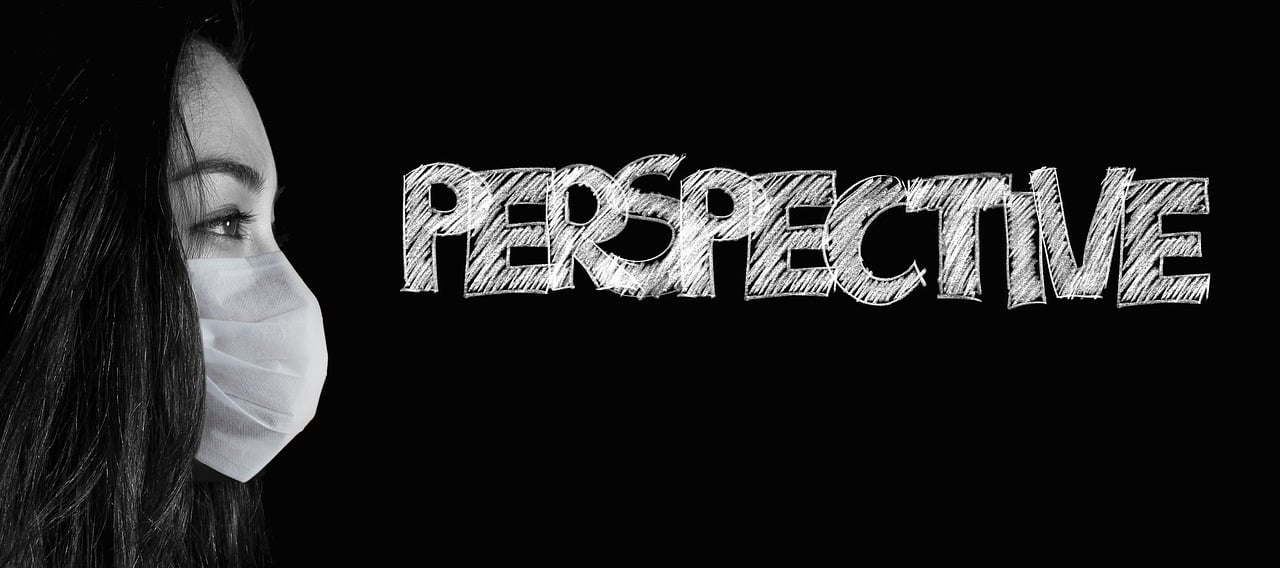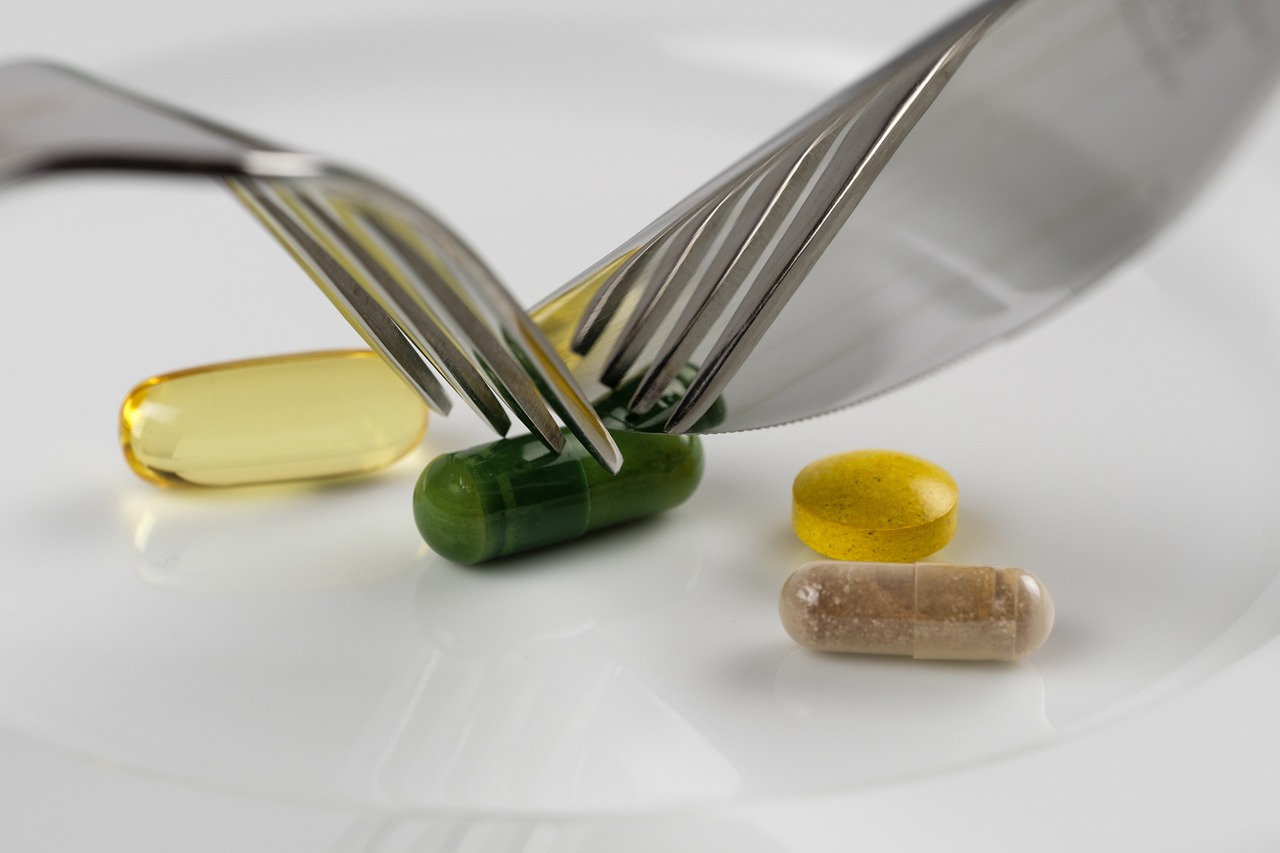Vitamin D: Introduction
In the depths of autumn and winter, when the sun’s warm embrace becomes elusive, a pertinent question arises – should you consider a daily supplement of Vitamin D? This invaluable “sunshine vitamin” plays a crucial role in regulating the body’s calcium and phosphate levels, indispensable for the maintenance of strong bones, teeth, and robust muscles. However, as Vitamin D is primarily synthesized through direct sun exposure, the colder months pose a significant risk of deficiency.
Why Vitamin D Supplementation is Advised in Autumn and Winter
As the leaves fall and the days grow shorter, government health experts advocate that everyone should contemplate a daily intake of Vitamin D during the autumn and winter months. The need for supplementation extends to individuals who lead relatively sun-starved lives, such as those residing in care facilities or anyone habitually clad in clothing that conceals most of their skin. To shed light on the best practices for this essential supplement, we turned to Rob Underwood, Product Development Manager at Love Life Supplements, a leading name in the field.

When to Take Vitamin D: Unveiling the Best Practices
Rob Underwood advises that while there’s no fixed golden hour for Vitamin D intake, it is generally recommended to do so in the morning. This aligns with the body’s natural exposure to sunlight and aids in preserving a healthy circadian rhythm. Furthermore, Vitamin D is fat-soluble, and taking it alongside a meal rich in healthy fats ensures its optimal absorption. Rob emphasizes the importance of regular supplementation and suggests that if evenings better suit your schedule, there’s no harm in taking it with your evening meal. However, it’s essential to consult your healthcare provider if you are on chronic medications, as some drugs may influence the rate at which Vitamin D is metabolized in your body.
The Daily Dilemma: Should You Take It Every Day?
As with any supplement, it’s prudent to assess your Vitamin D levels before committing to a daily regimen. Consult your healthcare professional for a comprehensive evaluation. Rob Underwood highlights the importance of daily Vitamin D supplementation, especially during the winter months, as it helps bring your levels within the recommended range, safeguarding against deficiency when sunlight exposure is limited.
Optimal Dosage: The Debate Unraveled
The optimal dosage of Vitamin D has been a subject of considerable debate. However, Rob provides insight based on clinical trials, recommending a daily intake of 3000 IU of Vitamin D to normalize serum levels. It’s worth noting that even if you spend substantial time outdoors during the autumn and winter, you might still not be meeting your Vitamin D requirements. The scarcity of sunlight in these months is a significant factor, exacerbated by genetic factors that inhibit the conversion of sunlight into usable Vitamin D.
Unlocking the Role of Vitamin K in Calcium Absorption
Intriguingly, Vitamin K plays a pivotal role in transporting calcium from the bloodstream into the bones, a fact not commonly known. Rob advises pairing Vitamin D3 with Vitamin K2 to ensure efficient calcium absorption into the bones, where it’s most needed. This dynamic duo is a valuable strategy for maintaining skeletal health.
Conclusion
In conclusion, the autumn and winter months usher in a compelling case for Vitamin D supplementation. It’s not just a matter of choice; it’s a matter of necessity. Safeguarding your health, especially your bone health, is a priority in these darker months. So, consider the advice of experts, assess your individual needs, and explore the world of Vitamin D supplements to keep your well-being in radiant health. Vitamin Supplements play an important role in development of our body so we should consider taking them with routine.







2 thoughts on ““Why You Should Consider Taking a Vitamin D Supplement During Autumn and Winter””